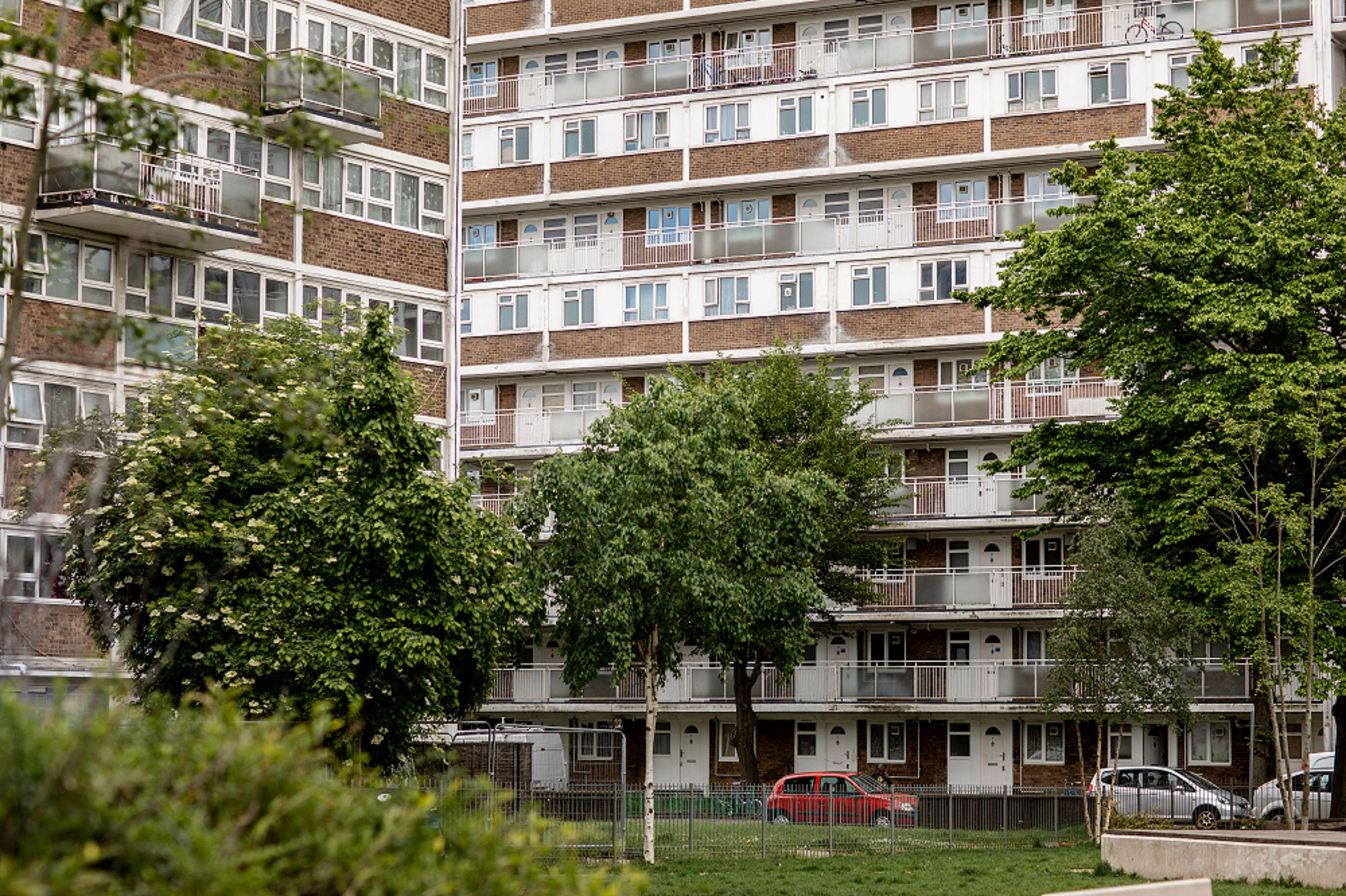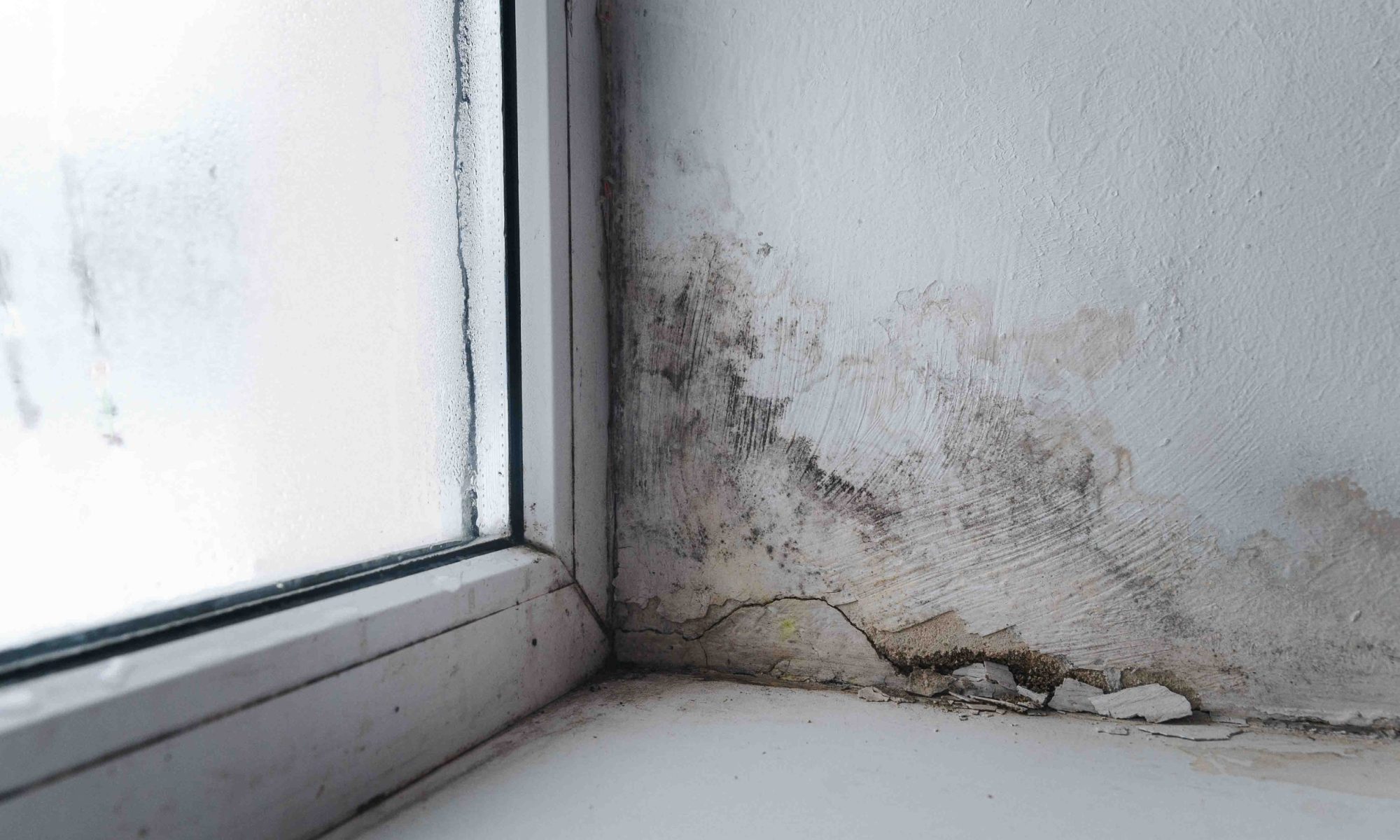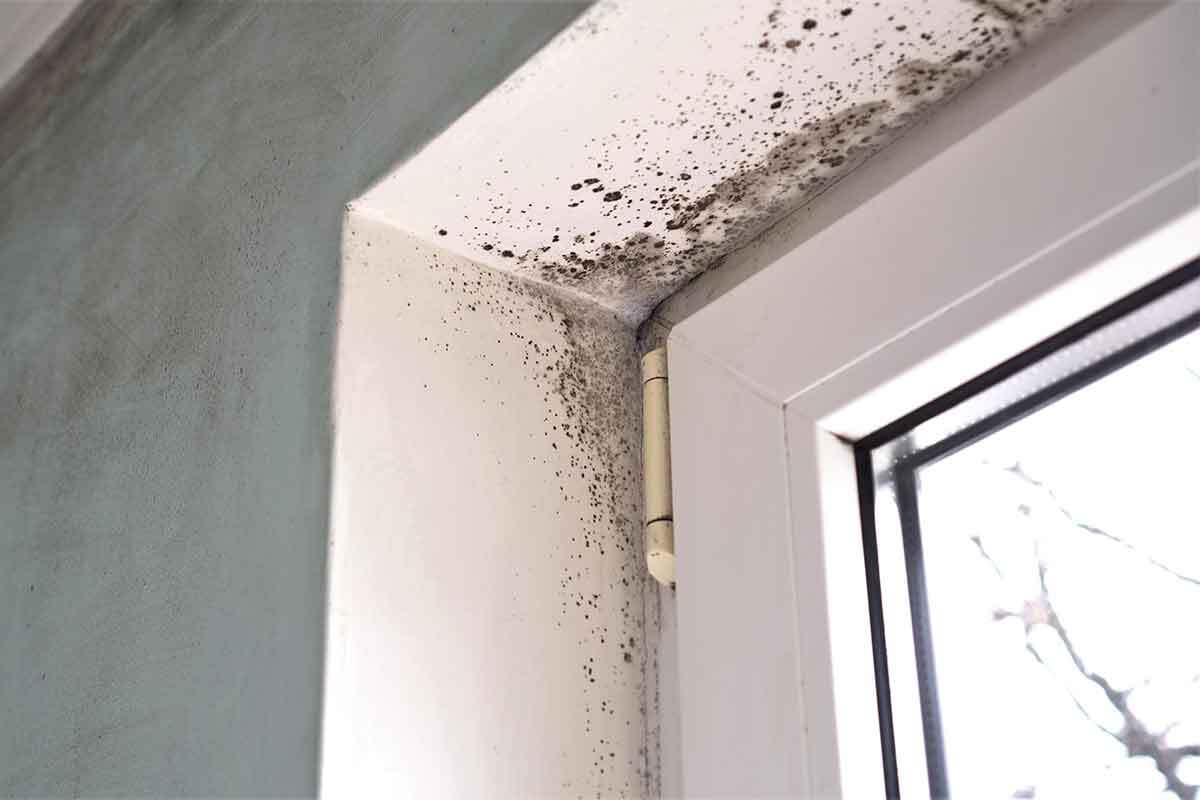Serious injuries can change your life and the lives of your loved ones. No two injury circumstances are the same. Examples can be injuries arising from medical negligence, either in dental or hospital settings, accidents at work, accidents in public places or road traffic incidents.
Our legal team has successfully handled hundreds of injury claims over many years, but just as the individual circumstances of your accident will never be the same as another, neither is the impact it will have on your life and those closest to you. Trafford Law has extensive knowledge of all areas of the harms and injustices that can be caused by someone else’s lack of care towards you as an individual. Once we understand the full circumstances of how your accident happened, we can navigate you through what is often a nuanced and complex legal arena.
If you have suffered with serious injuries, we understand the impact these have on you and your loved ones. We will claim compensation for your pain, suffering and loss of comfort, plus your current and future needs, getting you the best possible care, rehabilitation and support.
We are a small firm that will always take the time to understand what you are going through, helping you to understand the process to make the most positive difference to your life.
Let us help you by contacting us now for a free, no obligation consultation.







